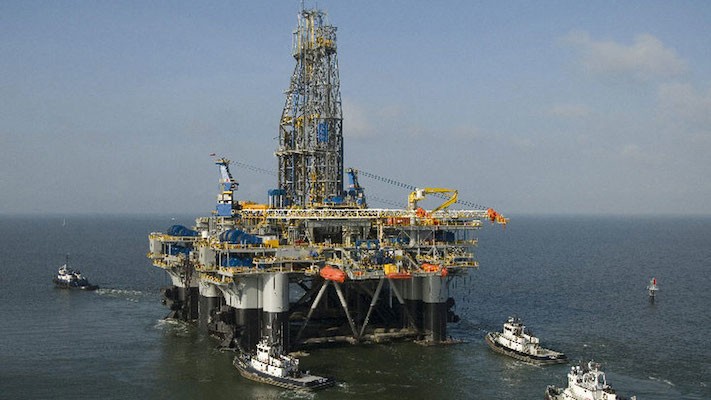Global energy giant Shell is taking a renewed leap into Nigeria’s gas sector with the approval of a new offshore development, the HI Project, in partnership with Sunlink Energies. The move signals Shell’s long-term confidence in Africa’s largest energy market and its growing role in global gas supply chains.
A New Era for Nigerian Offshore Gas
The HI field, located about 50 kilometres off Nigeria’s coastline and submerged at a depth of roughly 100 metres, is expected to start pumping gas before the decade ends. Once fully operational, it will produce around 350 million standard cubic feet of gas per day, feeding directly into Nigeria LNG (NLNG) — a key player in the global liquefied natural gas trade.
This development reinforces Shell’s ambition to expand its LNG footprint globally, targeting annual growth of 4–5% in production through 2030.
Commitment After Onshore Exit
After exiting its onshore oil operations due to years of vandalism and environmental disruptions, Shell is clearly doubling down on the deepwater and gas sectors — areas it considers more stable and future-focused.
The company’s Nigerian subsidiary holds a 40% stake in the HI venture, with Sunlink Energies owning 60%.
“Shell’s continued investment in Nigeria reflects our faith in the country’s potential as a regional energy powerhouse,” said Peter Costello, Shell’s Upstream President. “Through deepwater and integrated gas projects, we’re building a foundation for the next phase of Nigeria’s energy evolution.”
Strengthening Nigeria’s LNG Ecosystem
Nigeria LNG — jointly owned by NNPC (49%), Shell (25.6%), TotalEnergies, and Eni — will serve as the main outlet for gas from the HI field. NLNG’s exports have been crucial to positioning Nigeria among the world’s top LNG suppliers, providing much-needed foreign exchange earnings amid oil market volatility.
Global Players Shifting Strategies
Shell’s latest greenlight comes amid broader portfolio shifts across the industry. In September 2025, TotalEnergies sold its 12.5% share in Oil Mining Lease 118, home to the Bonga oilfield, transferring ownership to Shell and Eni’s Agip for $510 million.
With new capital flowing into deepwater projects, analysts see these moves as part of a wider repositioning of global energy firms — aligning profit goals with cleaner, gas-driven growth.
A Quiet but Strategic Comeback
While the oil major has faced years of turbulence in Nigeria, the HI Project represents more than just another investment. It’s a statement — that Shell’s story in Nigeria isn’t ending; it’s evolving.

